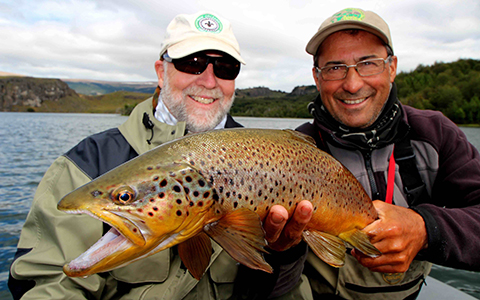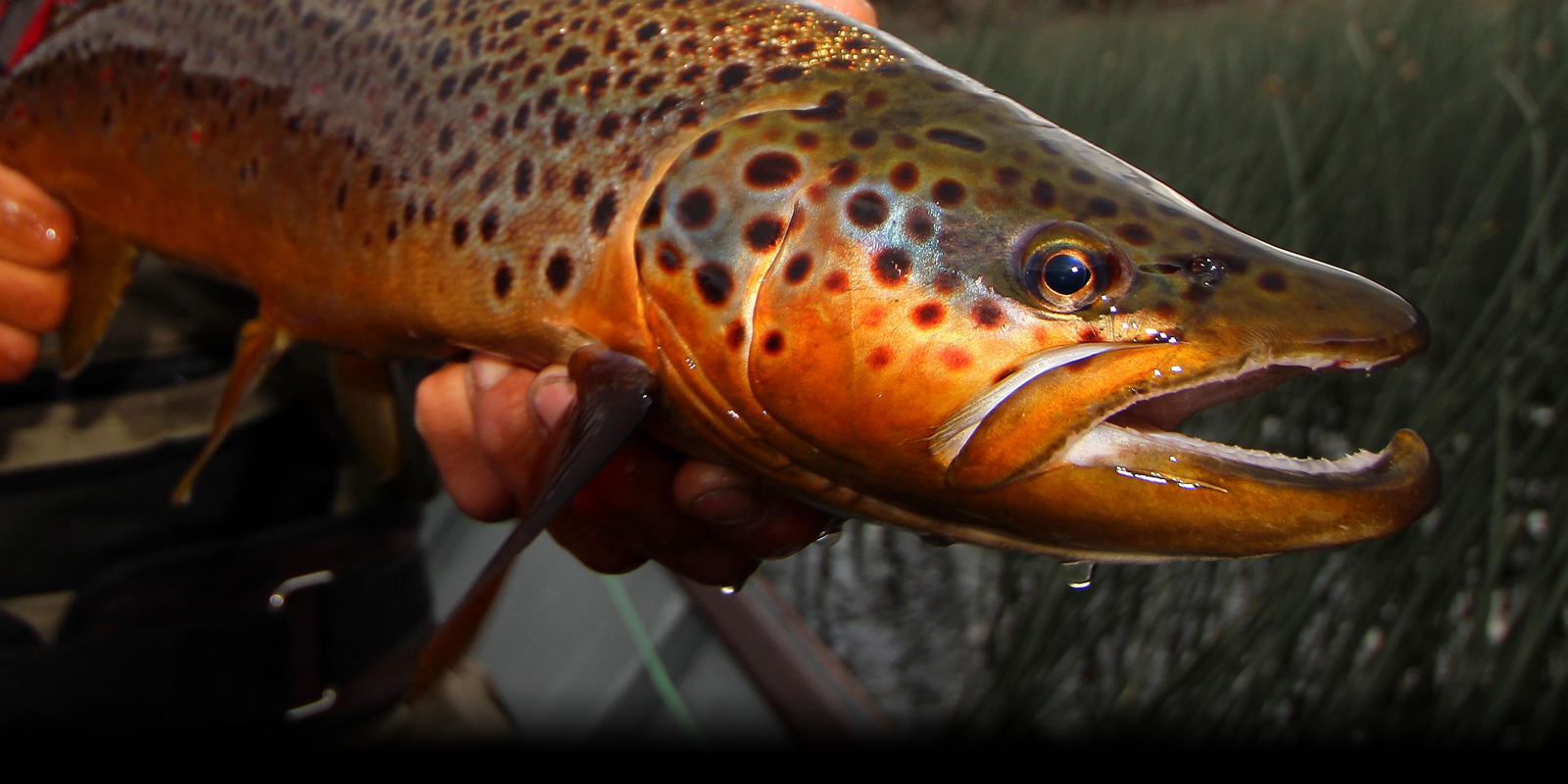Currency:
The Chilean unit of currency is the peso ($ or CHP), which exists in banknotes of $1000, $2000, $5,000, $10,000, $20,000 and coins of $1, $5, $10, $50, $100 and $500. 1 USD = roughly 668 Chilean pesos.
Electricity:
Electricity in Chile is 220 Volts, alternating at 50 cycles per second. If you travel to Chile with a device that does not accept 220 Volts at 50 Hertz, you will need a voltage converter.
Language:
Spanish
Time Zone
Standard Time is 4 hours behind Greenwich Mean Time (GMT-4).
Country Information
The first thing that strikes potential visitors to Chile is the country’s
extraordinary elongated shape. It stretches thousands of miles from one end to the other, from arid, rain-starved desert in the north to the icy glaciers of the south. This South American nation has a remarkable geography, the beautiful Andes mountain range is rarely far from sight, defining the country’s easterly border.
Chile is situated in South America, bordered to the north by Peru, to the east by Bolivia and Argentina, to the west by the Pacific Ocean and to the south by the Antarctic. The country exercises sovereignty over a number of islands off the coast, including the Juan Fernandez Islands and Easter Island. Chile is 4,329km (2,690 miles) long and nowhere more than 180km (112 miles) wide.
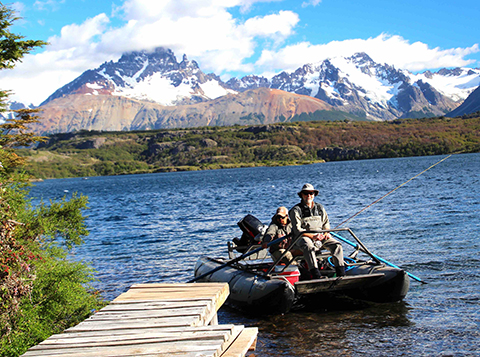
The Andes and a more westerly coastal highland range run parallel with each other for much of the country’s length. The coastal range forms high, sloped cliffs into the sea from the northern to the central area. Between the ranges runs a fertile valley, except in the north where transverse ranges join the two major ones and in the far south where the sea has broken through the coastal range to form an assortment of archipelagos and channels.
Wide variations in soil and a vast difference in climate are reflected in an uneven population distribution, and in a wide range of occupations. The Atacama desert, the driest in the world, is in the northern part of the country, which is also the main mining area.
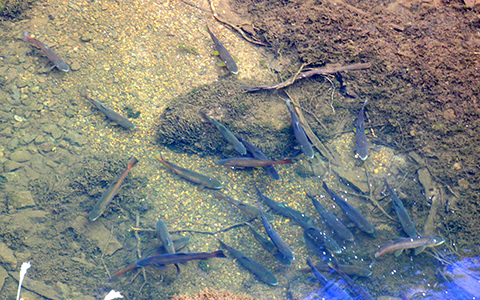
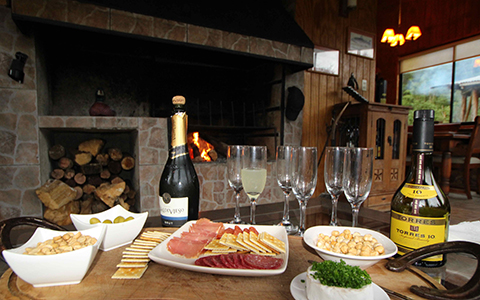
Chile is also a success story among South America’s national economies. Its copper industry has long been a mainstay of the country’s income, although Chile now faces a challenge to diversify its exports. Chile is now a politically stable nation, having emerged from Augusto Pinochet’s 17-year dictatorship in 1990.
Such a rich natural setting provides Chile with a wealth of possibilities for fans of the great outdoors. For trout anglers, the Chilean Patagonia offers superb fishing in a gorgeous environment.
